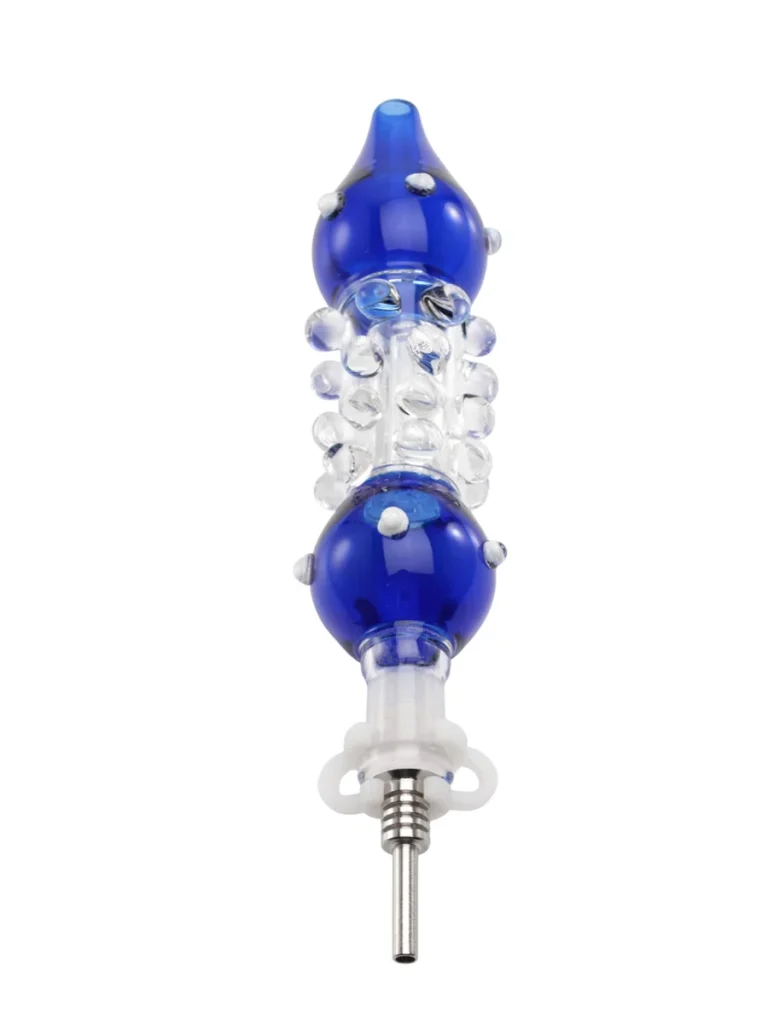
Introduction to Peptide Therapy
Peptide therapy is a cutting-edge medical treatment that uses small chains of amino acids, known as peptides, to enhance various biological functions in the body. This innovative approach has gained traction in the fields of wellness and regenerative medicine due to its versatility and effectiveness. By harnessing the body’s natural processes, peptide therapy aims to promote healing, optimize performance, and improve overall health. For those considering this option, understanding the fundamentals of peptide therapy is crucial. You can explore more about Peptide Therapy at Peptide Therapy, where you can find comprehensive information regarding its efficacy and application.
What are Peptides?
Peptides are short chains of amino acids linked by peptide bonds. They are the building blocks of proteins and play critical roles in virtually every biological process, including hormone regulation, immune response, and cellular communication. Peptides can act as signaling molecules, instructing cells to perform various functions, and are often used in therapeutic contexts to address certain health conditions. Research has shown that specific peptides can stimulate growth, enhance healing, and improve metabolic processes.
How Peptide Therapy Works
Peptide therapy employs specific peptides tailored to meet individual health needs. Depending on the purpose, these peptides can encourage the body to produce naturally occurring substances, such as hormones or growth factors, that may be deficient or dysfunctional. For instance, certain peptides may stimulate the release of growth hormone, promote cellular regeneration, or improve metabolic rates. The therapy can be administered through injections or other methods, allowing for precise dosing and controlled absorption into the bloodstream.
Common Uses of Peptide Therapy
Peptide therapy has a variety of applications, ranging from aesthetic practices to chronic disease management. Some common uses include:
- Anti-Aging: Peptides can enhance skin elasticity and reduce wrinkles by stimulating collagen production.
- Weight Loss: Certain peptides help in fat metabolism and appetite regulation, making weight loss more attainable.
- Muscle Recovery: Athletes often use peptides to accelerate muscle recovery post-exercise and enhance performance.
- Hormonal Balance: Peptides may assist in regulating hormonal levels, crucial for mood, energy, and overall health.
- Chronic Pain Management: Some peptides have been found to aid in pain relief by enhancing the body’s natural healing mechanisms.
Benefits of Peptide Therapy
Improving Muscle Mass and Recovery
One of the most touted benefits of peptide therapy is its ability to enhance muscle mass and expedite recovery times in athletes and active individuals. Peptides such as growth hormone-releasing peptides (GHRPs) stimulate the body’s growth hormone production, which plays a vital role in muscle growth, repair, and fat metabolism. Research indicates that individuals undergoing peptide therapy have experienced increased lean muscle mass, improved recovery rates post-workout, and greater overall physical performance.
Enhancing Metabolic Functions
Peptide therapy also offers significant advantages for metabolic health. Certain peptides, like Melanotan, have been associated with improved insulin sensitivity and fat reduction, contributing to effective weight management. Additionally, peptides can enhance energy levels and overall metabolic rates, thereby improving physical performance and reducing fatigue. The tailored nature of peptide therapy means that it can target specific metabolic concerns, leading to more personalized health benefits.
Support for Hormonal Balance
Hormonal imbalances can manifest in various ways, affecting mood, energy levels, and overall well-being. Peptide therapy can support hormonal balance by optimizing the levels of key hormones, including testosterone, growth hormone, and insulin. By using specific peptides to encourage the natural production of these hormones, individuals may experience improvements in mood, libido, and vitality, leading to a better quality of life.
Potential Risks and Side Effects of Peptide Therapy
Understanding Possible Reactions
While peptide therapy is generally considered safe for many individuals, it is essential to be aware of potential risks and side effects. Because peptides are biologically active compounds, individual responses can vary. Some people may experience reactions such as injection site irritation, headaches, or gastrointestinal disturbances. It is crucial to discuss your full medical history with a healthcare provider to assess the potential risks against the benefits effectively.
Who Should Avoid Peptide Therapy?
Although peptide therapy can be beneficial for many, there are certain individuals who should approach this treatment with caution or avoid it altogether. Those with certain medical conditions, such as severe liver or kidney issues, autoimmune diseases, or a history of cancer, may not be suitable candidates for peptide therapy. Additionally, pregnant or breastfeeding women are advised to avoid such treatments until more is known about their safety in these contexts. A thorough medical evaluation is necessary to ensure the safety and efficacy of peptide therapy.
Monitoring and Consultation
Effective monitoring and regular consultations with a healthcare professional are vital throughout the course of peptide therapy. This not only helps in managing any potential side effects but also ensures that the therapy is achieving its desired effects. Blood tests and other assessments may be recommended to track hormone levels and overall health, allowing for adjustments in treatment if necessary.
Peptide Therapy vs. Traditional Treatments
Comparative Effectiveness
Peptide therapy is often compared to traditional treatments, such as hormone replacement therapies (HRT) and pharmacologic interventions. While traditional treatments can be effective, they may also carry significant side effects and risks. Peptide therapy, on the other hand, aims to work in harmony with the body’s natural processes, resulting in fewer side effects and a lower risk of complications. Moreover, the personalization of peptide therapy—considering individual needs and conditions—sets it apart from one-size-fits-all approaches often seen in traditional medicine.
Cost Considerations
Cost is another crucial aspect when considering peptide therapy. While peptide therapy can offer promising benefits, it may also involve higher upfront costs compared to traditional treatments due to the custom nature of the peptides and the need for frequent monitoring. However, many find that the potential advantages—such as improved health outcomes and reduced long-term medication costs—make it a worthwhile investment in their health.
Personalized Health Approaches
One of the significant advantages of peptide therapy is its personalized approach. Unlike traditional treatments that rely on standard dosages and medications, peptide therapy can be tailored to meet the specific needs of each individual. This level of customization allows for more effective treatment strategies and can lead to better health outcomes. Whether the focus is on anti-aging, muscle growth, or hormonal balance, peptide therapy can be designed to align with the individual’s health goals.
Future Directions in Peptide Therapy
Advancements in Research
The field of peptide therapy is continually evolving, with ongoing research exploring new peptide formulations and their potential therapeutic applications. Recent studies indicate that peptides could play roles in areas such as cancer treatment, neurological disorders, and immune system regulation. As our understanding of peptide biology deepens, we may see the development of even more targeted therapies that enhance health and well-being.
Emerging Applications
Beyond current uses, peptide therapy is opening doors to a range of emerging applications, including potential treatments for age-related diseases and chronic conditions such as diabetes and heart disease. Researchers are actively exploring how peptides can be engineered to create more effective therapies with fewer side effects. The adaptability and specificity of peptides may prove invaluable in the pursuit of precision medicine and individualized care.
Community Perspectives and Trends
As awareness of peptide therapy spreads, community perspectives and trends regarding its use are shifting. More healthcare providers are incorporating peptide therapy into their practices, recognizing its potential to enhance patient outcomes. Additionally, more patients are seeking information and education on peptide therapy, leading to a more informed public that can make better health decisions. As this trend continues, we might see further integration of peptide therapies into mainstream practice, potentially changing how we approach wellness and disease management.



